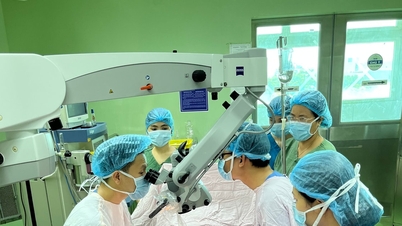Fragmentation damages sperm DNA, leading to difficulty conceiving naturally and a higher rate of miscarriage.
Abnormal sperm DNA can lead to reproductive disorders. Several studies indicate that sperm DNA and chromosomal damage is associated with male infertility and reduced natural conception rates. The degree of sperm DNA damage is linked to low fertility, failure to obtain blastocysts, impaired embryonic development after implantation, increased risk of recurrent miscarriage, reduced chances of successful implantation, and negative impacts on human health.
Accordingly, sperm DNA fragmentation occurs when the DNA held within the sperm head is damaged and the strands break off. This is one of the leading causes of male infertility that cannot be diagnosed from a simple sperm test.
Most semen analysis tests will check basic parameters such as: sperm count per ml, morphology (size and shape), and motility (ability to swim in a straight line). All three of these factors are important when considering male fertility, while DNA fragmentation testing is often overlooked.
![[Caption]. Photo: IVF London](https://vstatic.vietnam.vn/vietnam/resource/IMAGE/2025/1/19/164268c9e8b24a15bb65cb8eb71320fc)
Sperm DNA fragmentation affects male fertility, reducing the chances of natural conception and increasing the risk of miscarriage. (Image: IVF London)
Sperm DNA fragmentation testing can help fertility specialists recommend the right fertility treatment the first time, saving time and money. Alternatively, if a man and his partner have experienced failed in-vitro fertilization or recurrent miscarriage, testing the quality of sperm DNA is essential.
DNA damage can occur during sperm production or while it is being stored in a man's body. DNA strand breaks are often caused by oxidative stress, creating free radicals that attack DNA molecules. Therefore, sperm DNA fragmentation is often associated with underlying medical conditions or certain lifestyle factors including: infections, varicocele; smoking, alcohol consumption, stress, poor diet, and older age (over 45 years old). Most people are directly affected by these issues in their daily lives.
However, sperm is produced entirely new every three months. Therefore, positive health changes such as diet and lifestyle factors that reduce oxidative stress can make a difference. Other treatment options may include treating varicocele or using antibiotics in case of infection.
Hai My ( According to Ferlity Family, Intech Open, IVF London )
Source link















































































































Comment (0)